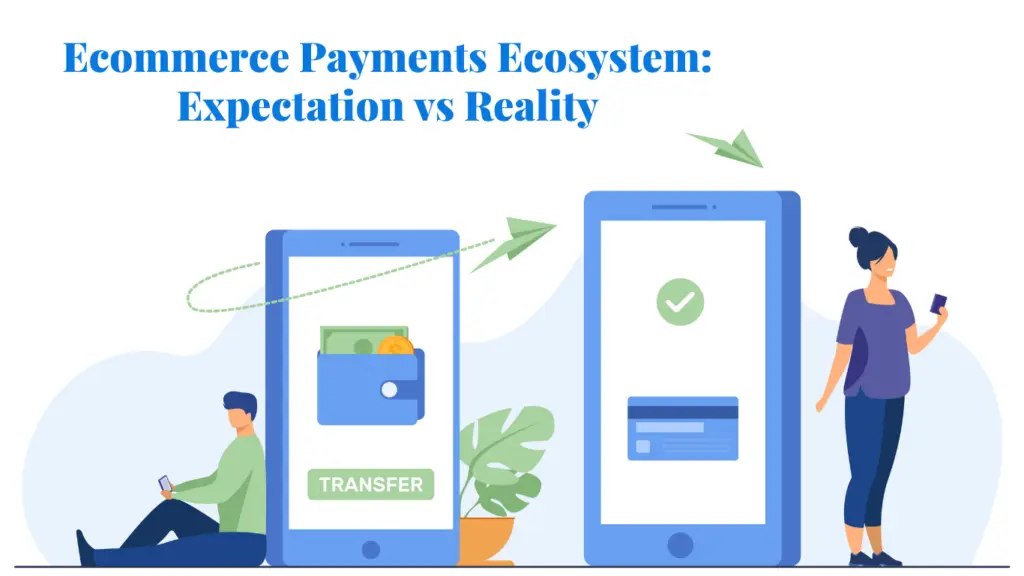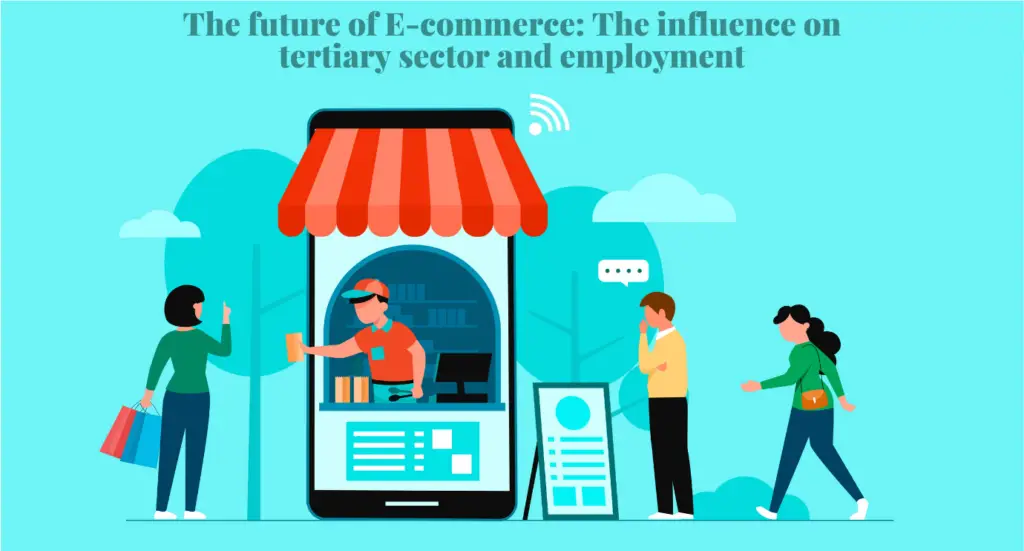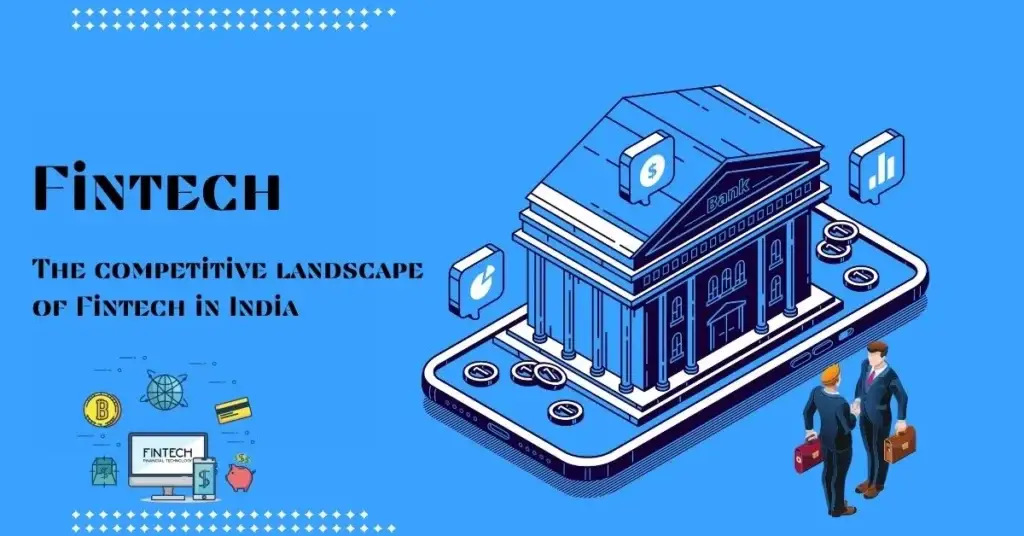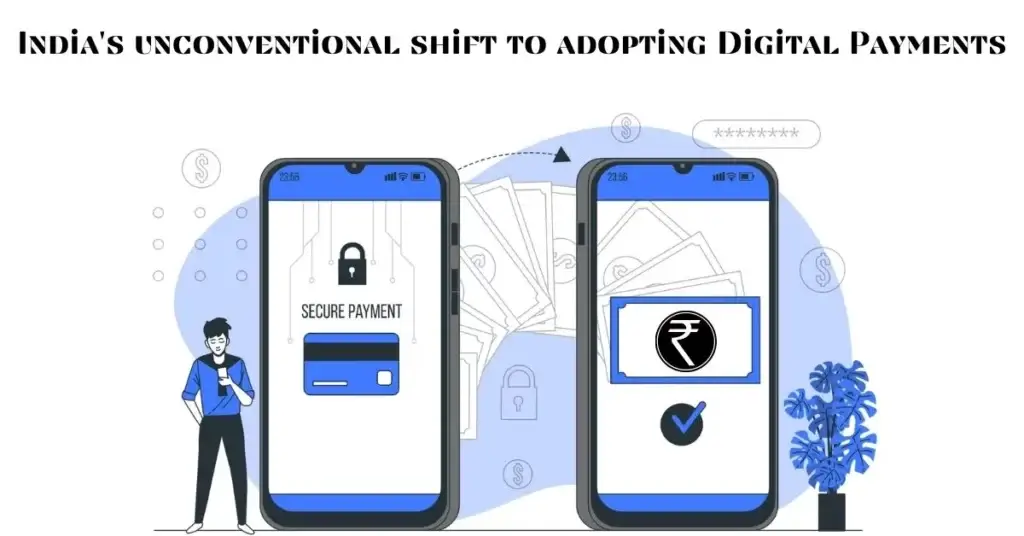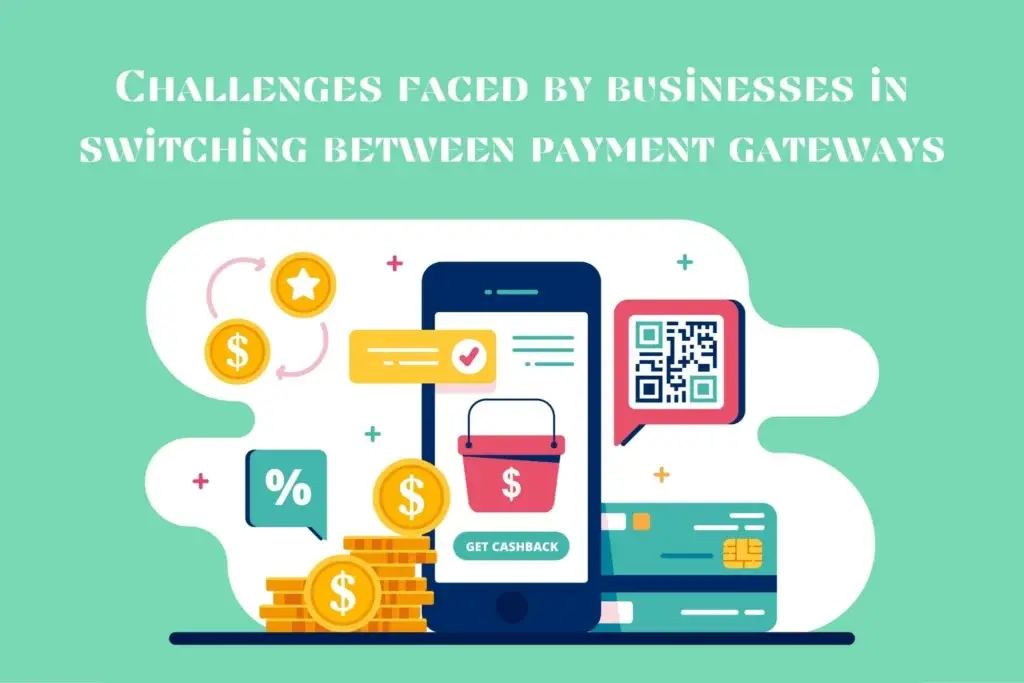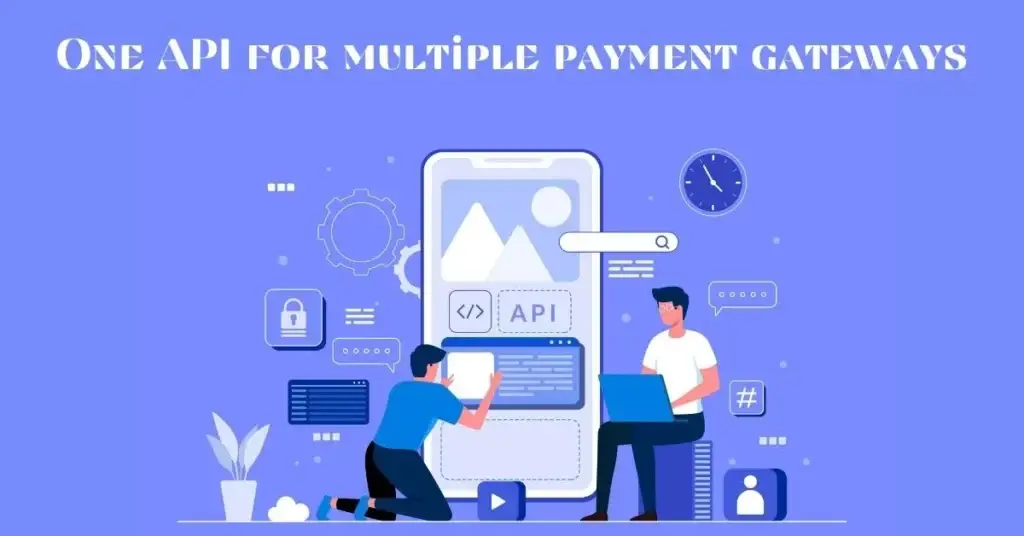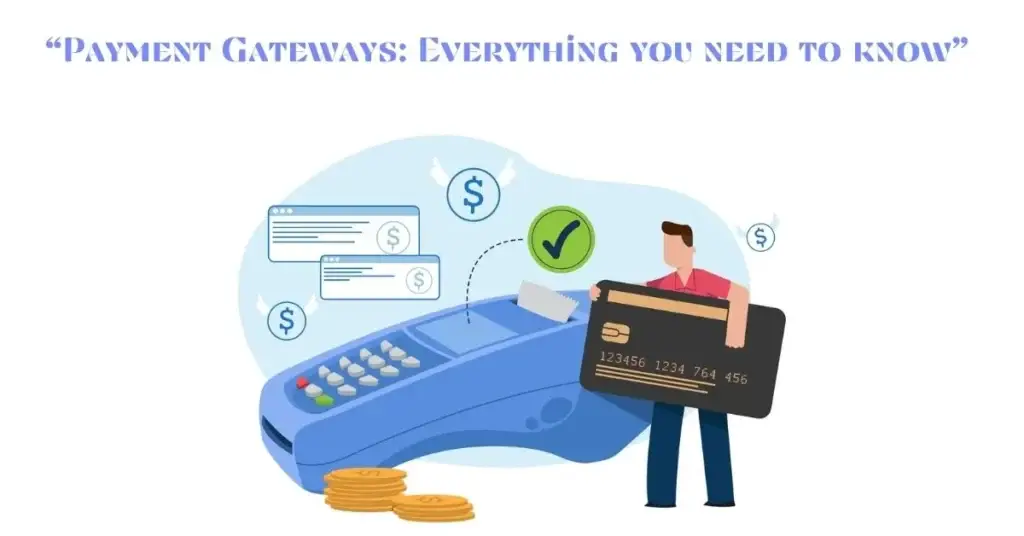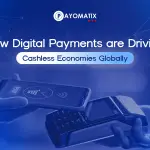In today’s world, online payments have become the norm. People are increasingly relying on digital payments to make purchases and pay bills. For businesses, accepting online payments is essential to stay competitive and reach customers across the world.Payment gateways and processors are essential for enabling online transactions. This article explores what payment gateways are, how they work, and their importance in e-commerce.
What is a Payment Gateway?
A payment gateway is an online service that facilitates online payments by acting as a link between a merchant’s website and the bank. It securely transmits the customer’s payment information, such as credit or debit card details, to the bank for authorization. The payment gateway encrypts the data to ensure that it is safe and secure during transmission. Once the bank approves the transaction, the gateway sends the result to the merchant’s website, enabling order completion.
It provide a seamless payment experience for customers and help businesses streamline their payment process. They are essential for e-commerce businesses, enabling them to accept online payments from customers worldwide.
In e-commerce, a gateway is a vital component that enables online transactions between the merchant and the customer. It allows the customer to securely transmit their payment information to the merchant’s website, where it is encrypted and sent to the payment processor for verification. The gateway then returns the result to the merchant’s website, allowing them to complete the sale.
Payment gateways are essential for e-commerce businesses as they provide a secure and efficient way for customers to pay for products and services online. Without payment gateways, businesses would rely on manual processing, leading to delays and potential errors.
What is a Payment Processor?
A payment processor is a financial institution that manages the transaction between the merchant and the bank. It receives the encrypted payment data from the online payment and routes it to the bank for authorization. Once the bank approves the transaction, the payment processor transfers the funds from the customer’s account to the merchant’s account.
Payment processors play a critical role in ensuring that transactions are processed securely and quickly. They are responsible for verifying the payment information, checking for fraud, and ensuring that the funds are transferred to the correct account. Payment processors work closely with gateways to provide a seamless payment experience for customers.
What is a Third-Party Payment Processor?
A third-party payment processor is a financial institution that processes payments on behalf of the merchant. It provides an alternative to traditional payment processing, where the merchant would typically have to partner with a bank to process payments. Third-party payment processors offer several benefits, such as faster processing times, lower fees, and easier integration with e-commerce platforms.
Third-party payment processors work by providing a payment gateways and payment processing services. They handle the payment information, verification, and transfer of funds, allowing businesses to focus on their core operations. Third-party payment processors are becoming increasingly popular among small and medium-sized businesses, as they offer a cost-effective and efficient payment processing solution.
How Does a Payment Gateway Processing Work?
A payment gateway processing works by following a series of steps that enable secure online transactions:
- Step 1: The customer initiates a transaction by selecting the product or service they wish to purchase.
- Step 2: The customer enters their payment information, such as credit card details or bank account information, into the payment gateway.
- Step 3: The gateway encrypts the payment information and sends it to the payment processor.
- Step 4: The payment processor forwards the payment information to the customer’s bank for authorization.
- Step 5: The bank approves or declines the transaction and sends the result back to the payment processor.
- Step 6: The payment processor sends the result back to the gateway, which then informs
Conclusion
Payment gateways are essential for e-commerce businesses in India, providing secure and efficient payment processing for merchants and customers. By understanding how payment gateways work, businesses can choose the right payment gateway for their needs and provide customers with a seamless payment experience. It is essential for businesses to partner with reliable payment providers to ensure the safety and security of their transactions.


